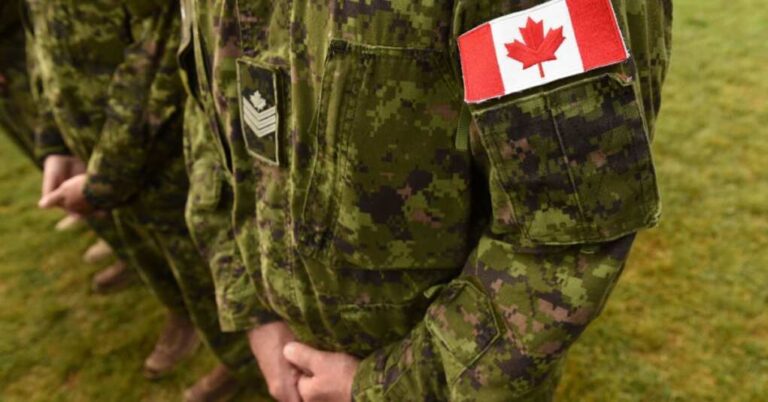
NATO wants Canada and allies to gear up for a “conventional war.”
NATO is suddenly pushing for member countries, including Canada, to enhance their defense capabilities significantly, moving beyond the traditional peacekeeping roles towards preparing for conventional warfare. This shift in strategy comes in light of recent global tensions, particularly highlighted by Russia’s actions in Ukraine, signaling a need for NATO nations to be ready for more direct military confrontations. This new approach requires not just an increase in defense spending but also a strategic focus on bolstering domestic defense industries, a concept Canada has historically struggled with due to decades of underinvestment in military infrastructure and defense manufacturing.
Canada’s response to this NATO directive has been tepid, reflecting a broader historical reluctance to commit to the 2% of GDP defense spending target set by NATO. Despite being a founding member of NATO, Canada has faced criticism for not meeting its defense spending commitments, which has left its military and defense industries under-equipped and unprepared for the kind of conventional warfare NATO is now preparing for. This unpreparedness is not just a logistical or financial issue but also reflects a policy direction that has prioritized other forms of international engagement over military readiness. The call from NATO for increased readiness underscores a growing international expectation for nations to contribute more robustly to collective defense, challenging Canada’s long-standing approach to defense policy.
The implications of this NATO directive for Canada are profound, requiring a significant overhaul of its defense strategy, including increased defense spending, revitalization of its defense industry, and a rethinking of its role within NATO from a peacekeeping to a potentially war-fighting nation.
This shift could also mean a broader societal impact, as gearing up for conventional war might involve economic, political, and societal adjustments to support a more militarized defense posture.
There’s also a broader debate within Canada and among its allies about the future of defense in an era where the lines between peace and war are increasingly blurred, prompting a reevaluation of what national security means in the modern geopolitical landscape.





